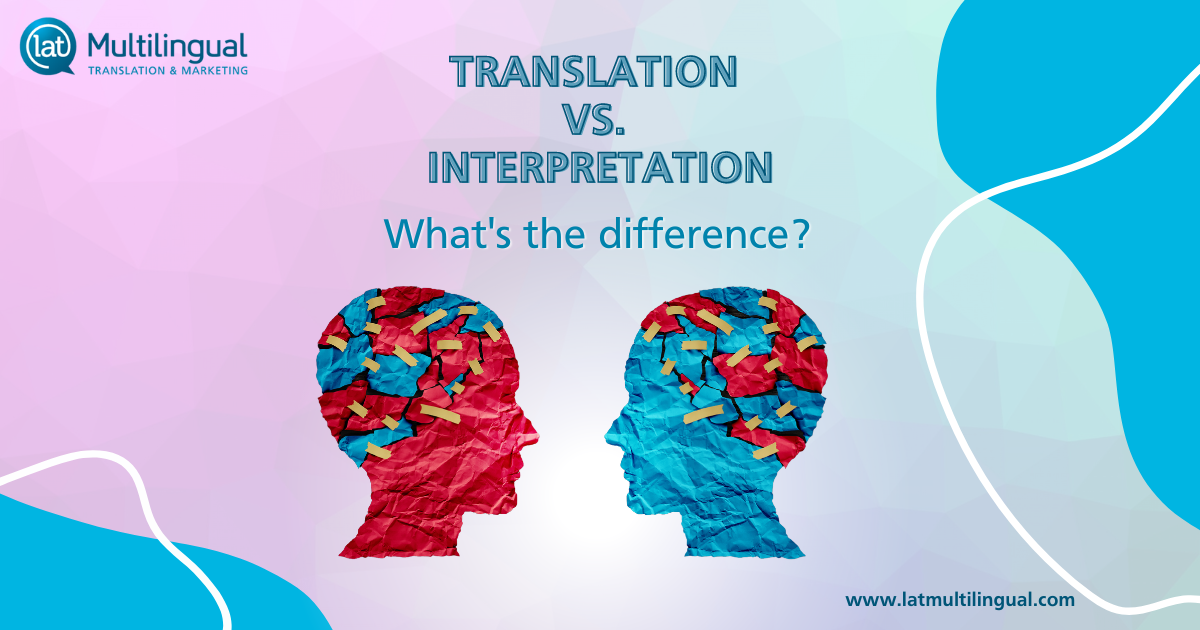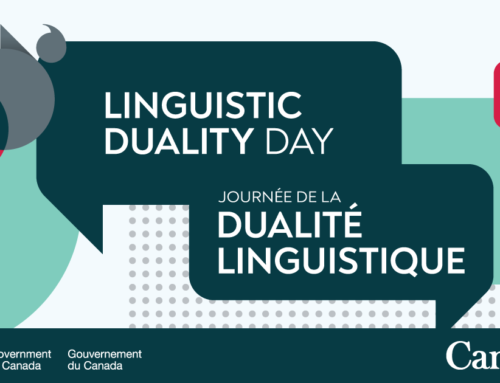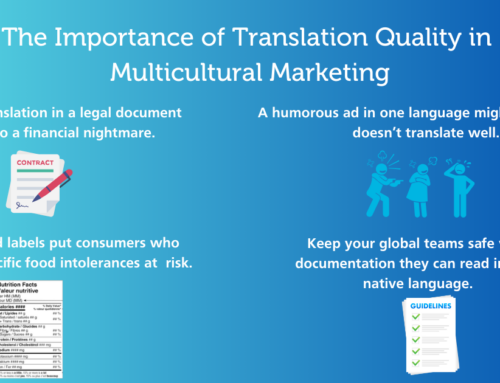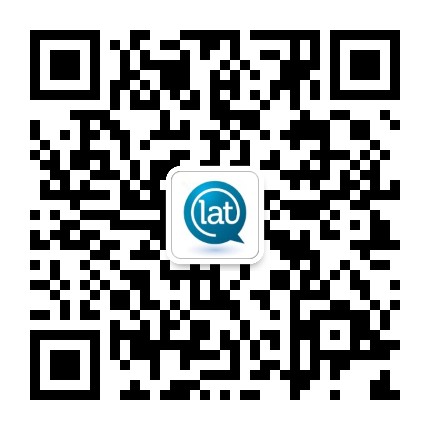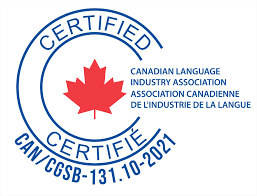To succeed in a multicultural marketplace, language adaptation and a solid language strategy (such as translation and interpretation) are not optional.
Is your business equipped with the right tools to communicate effectively with audiences from diverse demographics in different languages?
How do you know whether your organization needs interpretation services, translation services, or both? “Translation” and “Interpretation” are two terms that often get mixed up. Although both are part of the language industry, they each have their own unique mandate.
Translation vs. Interpretation: What’s the Difference?
While both translation and interpretation involve converting one language into another, there are key differences between the two.
Translation is the process of adapting written text from one source language to a target language. In some countries such as Canada where both French and English are official languages, having content translated is a legal and compliance matter. For instance, businesses operating or selling products in Quebec are mandated by law to translate their website, marketing, and labelling materials into French. (Learn more about Quebec’s French language requirements here).
Professional translators can be relied upon to confirm that idiomatic expressions are well-adapted and that any cultural reference strikes a chord with their target audience. They do so by making sure that their translations read naturally in the target language and by having a profound knowledge of both the source and target cultures. Translators will often request more context and visual references to make sure to adapt their text as needed.
Translators work on any type of written content, from websites and print materials to video subtitles and software. Tools for translation involve translation memories, term bases, and other tools to make sure consistency, quality and enhance productivity.
Here’s why you need translation services for your business:
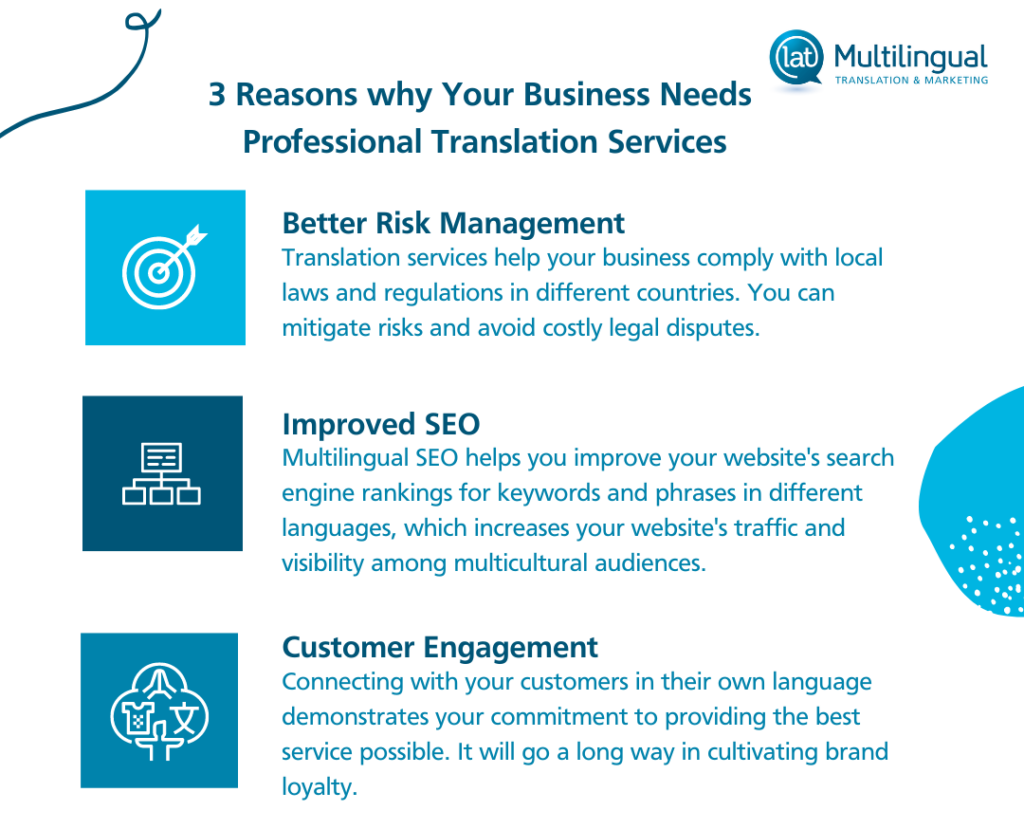
Interpretation is the process of converting spoken language from one language into another in real time. While most translation projects involve translating content from the source language to the target language(s), interpreters are often required to translate speech in both directions.
For example, if a business needs to talk with a Japanese partner who does not speak English, an interpreter would be needed to facilitate the conversation.
Interpreting is focused on conveying the tone, context, and nuances of spoken communication. It is done either simultaneously (along with the original speech) or consecutively (immediately after). Interpreters always appreciate having references or materials ahead of the scheduled event, to help them prepare and get familiar with the terminology.
Professional interpreters need to be quick on their feet to understand the meaning of the source speech and to convey it in another language instantly while navigating the imperfect nature of live speech. They need to rephrase idioms, colloquialisms, and other culturally specific references in a way that the target audience can understand.
Interpreters work on a range of projects – from conferences and meetings to medical appointments, legal proceedings, and even live TV coverage. Interpretation often requires the use of technologies like video conferencing systems, booths, or portable devices.
To Translate or To Interpret?
If you’re lost in translation and interpretation, rest assured, you are not alone. It can be tough to know which service to use for your language-related project especially when these terms are often used interchangeably by some.
Here are some concrete examples to illustrate when one is needed over the other.
Translation: A business needs to translate its website from English to Chinese in order to get attention from its Chinese-speaking consumer base in Canada.
Interpretation: A business is negotiating a contract with a Chinese partner and needs an interpreter to facilitate the conversation.
Translation: A business wants to create a French-language version of its website to cater to customers in Quebec.
Interpretation: A business is hosting a conference with attendees from around the world and needs interpreters to facilitate communication.
Why It Matters: Choosing the Right Language Service for Your Business
Clear communication is essential in today’s diverse marketplace. Choosing the right language service can make all the difference.
Save Money and Get Better Quality: Interpreting may require a person to be physically present at your event’s location, so the cost may include flight, hotel, and per diem in addition to the professional fees. Translation is usually priced on the number of words in your document(s), or the number of hours required to adapt your content. Understanding which service you need can save you time and money while maximizing quality.
Communication is Key
Communication is the cornerstone of any successful relationship. It is essential to break down language barriers to do so.
Both translation and interpretation require a deep cultural understanding of both the source and the target languages. Both will allow you to communicate more effectively and avoid offending anyone.
And if you are still unsure, do not worry – that’s what we are here for. We are always happy to help you find the best approach for your language projects. By choosing the right service (and the right service provider!) your business can save money, be culturally sensitive and ensure that you are getting your message across loud and clear.

